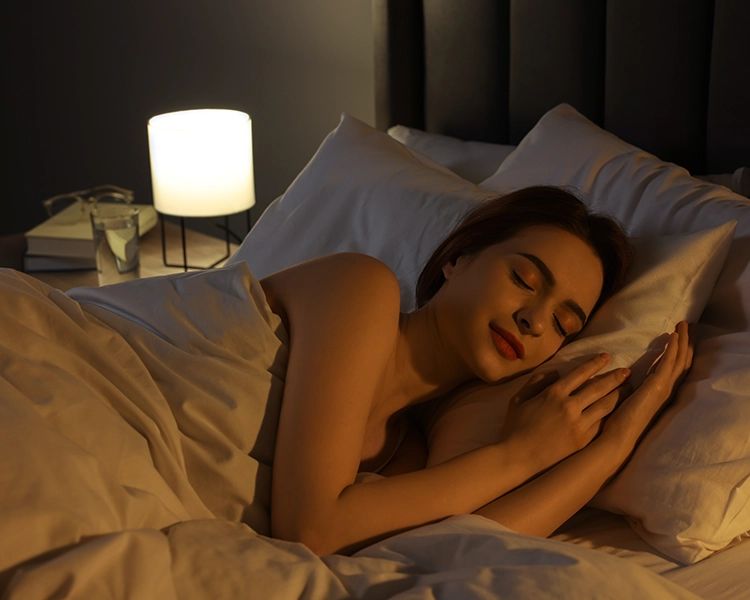Key highlights or summary
- Maintaining consistent sleep routines and practicing relaxation techniques are essential for improving sleep quality and overall health.
- Blue light exposure, particularly from screens, can interfere with sleep patterns, so reducing screen time before bed is a key strategy for better sleep hygiene.
- Adults generally require 7 to 9 hours of sleep per night to support cognitive function and reduce the risk of chronic conditions like heart disease and diabetes.
- Establishing a calming pre-sleep routine, including activities such as reading or taking a warm bath, helps signal to your body that it’s time to wind down and improves sleep onset.
- Avoiding stimulants like caffeine and heavy meals before bedtime can prevent disruptions to your sleep and improve its quality.

How was the experience with the article?
We'd love to know